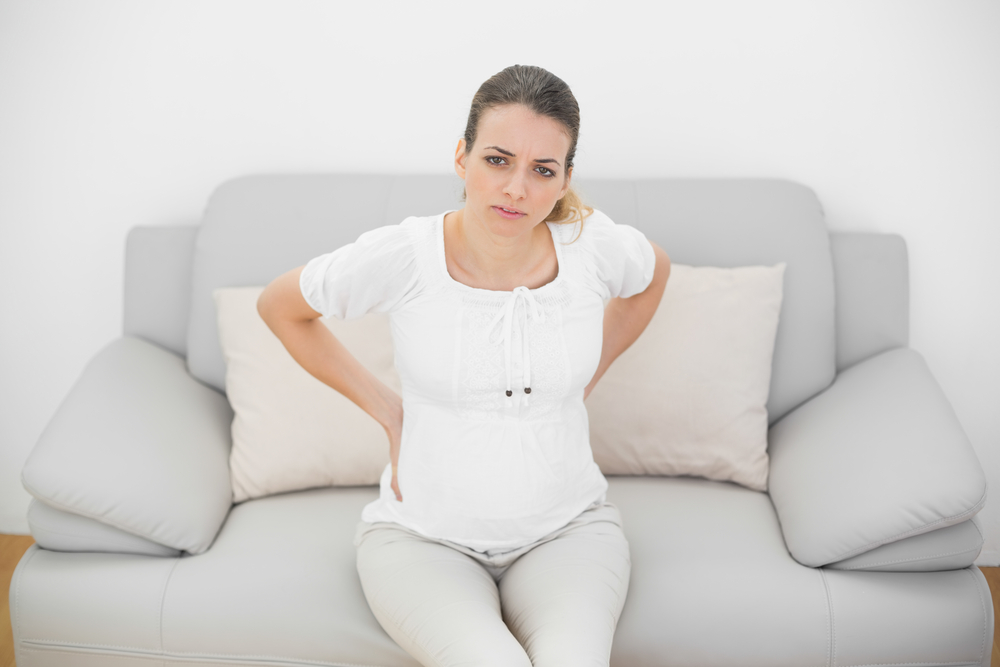
Hernia refers to a medical condition when a part of an internal organ protrudes externally through an opening in a muscle. Normally hernia tends to develop in the abdomen and groin area. Developing a hernia is not always an immediate concern unless it becomes painful during the pregnancy period. However, if left untreated, it may lead to serious issues and even to life-threatening complications. It is required to consult a physician if one experience hernia symptoms and it’s also necessary to attend to the hernia before conceiving in order to avoid additional complications in pregnancy.
Hernias occur as a result of weakness in the wall of a muscle or a muscle that never fully grows together and it is common for people to be born with this weakness as opposed to developing it overtime. Some conditions and health factors can also contribute to tissue weakness which may result in hernia. Women are more susceptible to developing a hernia during pregnancy, since the muscles tend to stretch, thin and weaken during pregnancy.
Other causes of hernias include:
Not all women experience the physical symptoms of a hernia during pregnancy. But for some others, symptoms can be both seen and felt. The actual physical spot of the hernia can be felt as a lump when you either lie down or press on the area. Some may physically have bulge under the skin at the site of the hernia, but it may not be noticeable for others. A dull aching pain may be experienced when one bend or sneeze or cough or laugh intensely. Some may experience difficulty in moving around as the pregnancy progresses and the lump becomes bigger.
The only effective way to fix a hernia is to undergo a surgery process. The wall of the muscle must be surgically repaired in order to prevent the organ from coming through. However, it is not recommended to have this surgery during pregnancy, since it may impose risk to both mother and baby. For those cases that require surgery immediately during pregnancy, it is advised to have it during the second trimester.
Studies reveal that pregnancy is not generally the typical cause of hernia to become further enlarged. Providing good physical support by simply pushing your hand at the site of the hernia while sneezing, coughing and laughing can reduce aggravation and further discomfort to an extent.
It is the most powerful creation to have life growing inside of you.There is no bigger gift